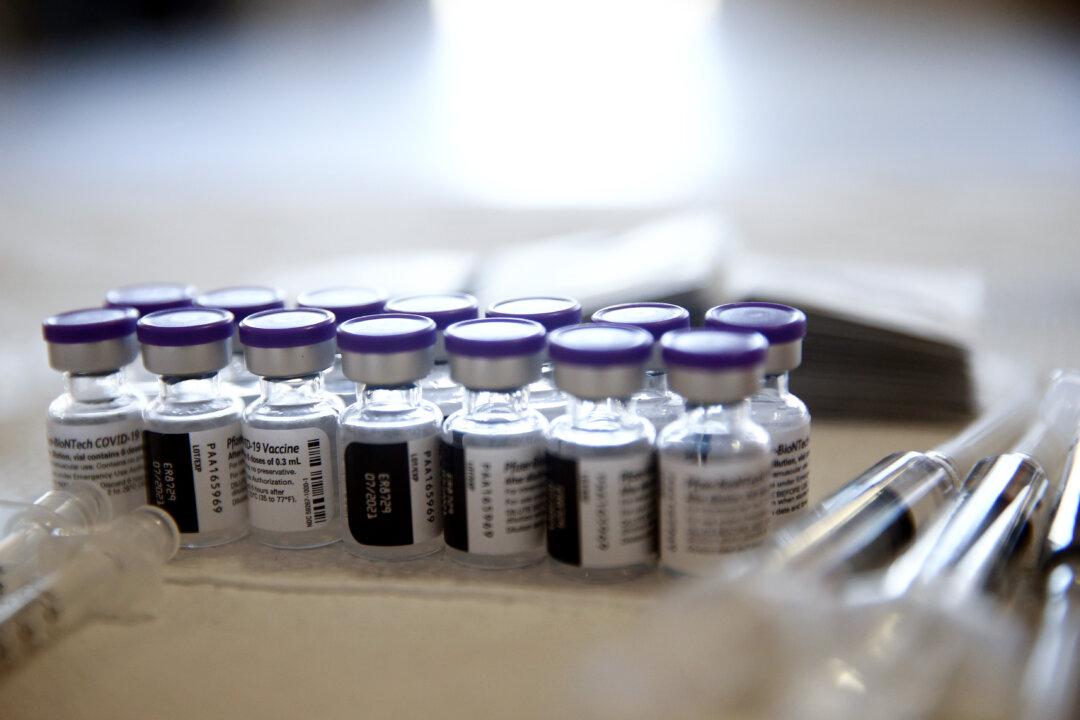The two main COVID-19 vaccines used in the United States are more likely to land teenage boys in the hospital than COVID-19 itself, a new study has found.
Researchers analyzing reports submitted to the Vaccine Adverse Event Reporting System (VAERS), a passive reporting system run by U.S. health authorities, discovered that the rate of cardiac adverse events for males between the ages of 12 and 15 without a serious underlying health condition after getting their second Pfizer-BioNTech or Moderna COVID-19 dose was up to 6 times higher than their risk of COVID-19 hospitalization.





